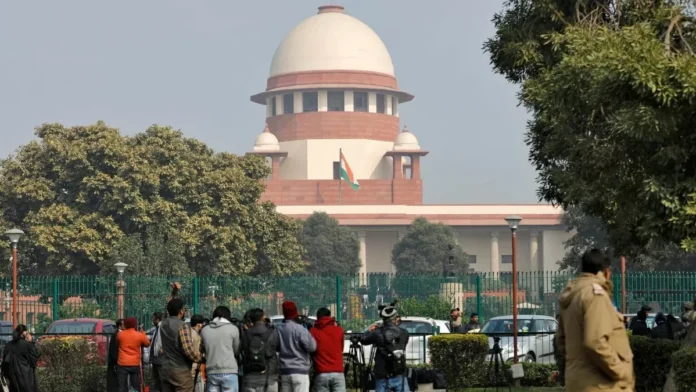The Supreme Court of India has recently upheld the right of state governments to levy an entertainment tax on broadcasting and digital streaming services. This ruling is based on the classification of these services as a “luxury” under the seventh schedule of the Constitution of India. This decision marks a significant step towards clarifying the taxation laws for these services, as it establishes the liability of both cable TV broadcasters and digital streaming platforms to pay a service tax to the central government and an entertainment tax to the state government.
The entertainment industry in India has been rapidly evolving with the advent of new technologies. Digital streaming services have become increasingly popular, providing consumers with a wide range of choices and convenience in accessing entertainment content. However, this growth has also raised questions regarding the taxation of these services and their categorization under the Indian Constitution.
In a landmark judgment, the Supreme Court has recognized the need for state governments to impose an entertainment tax on broadcasting and digital streaming services. This decision has been made in accordance with Entry 62 of the state list in the seventh schedule of the Constitution, which empowers state governments to levy taxes on entertainment and amusements. The court has clarified that since these services are considered a luxury, they are subject to such taxation.
This ruling has been welcomed by many as it brings much-needed clarity to the taxation laws governing broadcasting and streaming services. It also highlights the importance of recognizing the changing landscape of the entertainment industry and adapting tax laws accordingly.
The Supreme Court’s decision also establishes the liability of cable TV broadcasters and digital streaming platforms to pay a service tax to the central government. This tax will be applicable on the subscription fees paid by consumers for accessing these services. The court has recognized the fact that these services provide entertainment content and, therefore, fall within the ambit of the service tax laws in India.
Furthermore, the court has also reiterated the importance of state governments in regulating and taxing entertainment activities within their jurisdiction. It has emphasized the constitutional provision of federalism and the right of state governments to impose taxes, which cannot be taken away by the central government.
This ruling by the Supreme Court is a significant step towards bringing parity in the taxation of broadcasting and digital streaming services. It ensures that both these services are subject to the same tax laws and that there are no discrepancies in their taxation. This not only promotes fairness but also encourages healthy competition in the entertainment industry.
Moreover, the decision is also expected to generate significant revenue for the state governments, which can then be utilized for the development of various sectors. The entertainment tax collected by the state will also aid in the growth of the local entertainment industries, providing a boost to the economy and creating job opportunities.
It is worth noting that the courts have also recognized the impact of taxation on the growth of the entertainment industry. The decision to levy a service tax and entertainment tax on broadcasting and digital streaming services has been made considering the interests of all stakeholders, including the government, consumers, and service providers.
In conclusion, the Supreme Court has made a significant ruling upholding the right of state governments to levy an entertainment tax on broadcasting and digital streaming services. This decision brings clarity and consistency in the taxation of these services, promotes fairness, and recognizes the federal structure of the Indian Constitution. It is a positive step towards the growth and development of the entertainment industry and the overall economy of the country.

